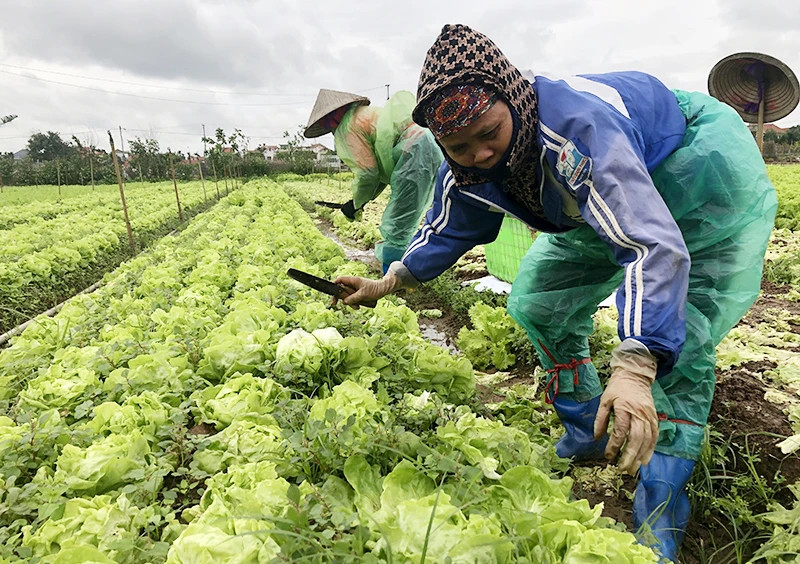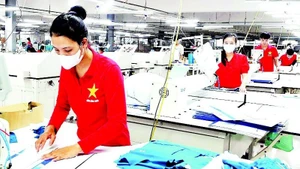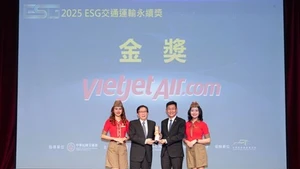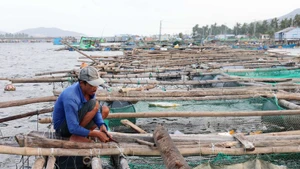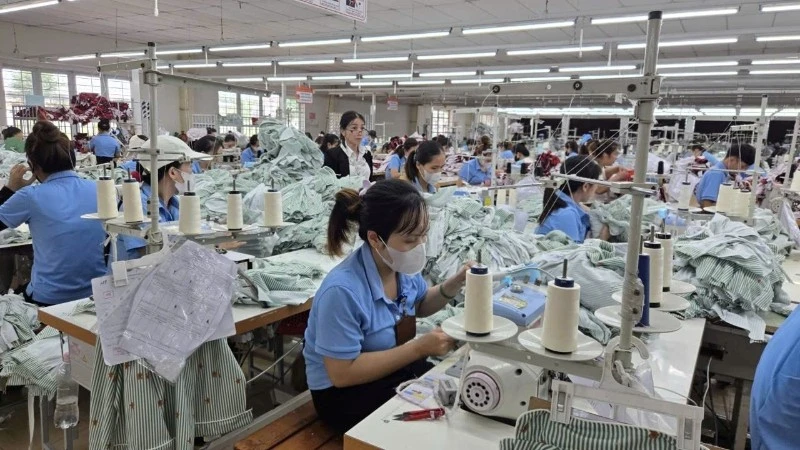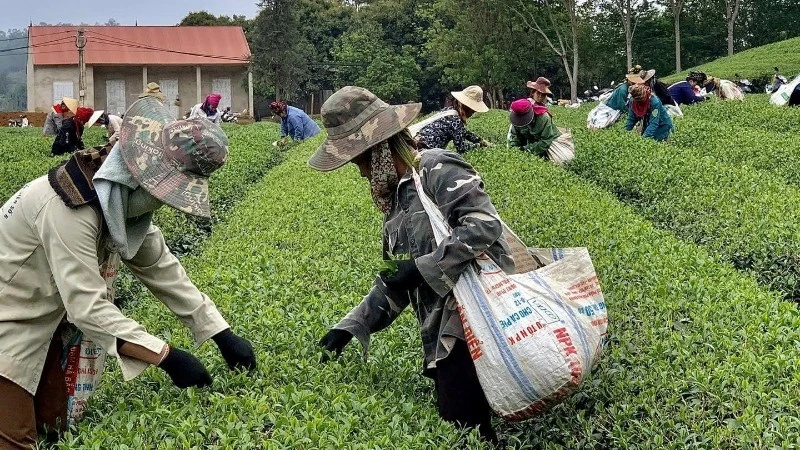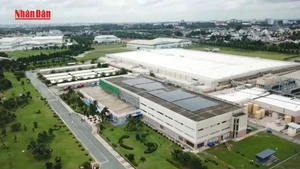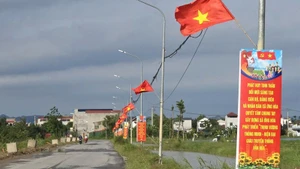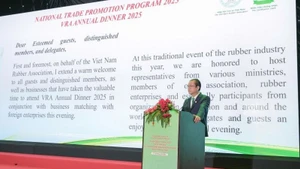Organic agriculture is a production process that ensures a sustainable ecosystem, creating safe and nutritious food without using chemicals. In organic agricultural production, linkage is the key to helping towards modern agriculture, ensuring harmony of interests of participating entities. The organisation of organic agricultural production in a chain with horizontal and vertical links includes horizontal links between farmers, between cooperatives, and between businesses as well as vertical links between farmers, cooperatives, and businesses.
According to Vice President of the Vietnam Organic Agriculture Association Dao Thanh Van, enterprises participating in production and consumption under contracts will help reduce investment costs in land, factories, and machinery, then shorten the payback time. Through linkage, businesses will control the entire production process and trace the origin of purchased products and have a stable supply. Organisations and individuals participating in production and consumption under contracts will ensure output for products and reduce price risks. Additionally, producers have better access to new production technology, credit sources, etc.
Vietnam currently has 62 localities implementing organic agricultural production or converting to organic farming with an area of hundreds of thousands of hectares. More than 7,000 farmers are participating in organic agricultural production, while 60 units are selling, distributing, and exporting organic agricultural products. Export turnover of organic agricultural products has reached about 350 million USD/year. There are currently 20 units exporting vegetables, fruits, coffee, rice, cashew nuts, and pepper, reaching an output of 260,000 tonnes/year, with the main markets being: France, Denmark, Netherlands, Switzerland, Sweden, China, the US, and Thailand.
Recently, the National Agricultural Extension Centre has built several models linking organic agricultural production chains towards enhancing value and sustainable development. In particular, the cooperative model links organic rice production along the value chain in localities such as Son La, Vinh Phuc, and Thua Thien Hue with a scale of 570 hectares. The organic rice production model has been expanded to 1,710 hectares and nine new agricultural cooperatives have been formed, contributing to the connection between three groups: farmers, businesses, scientists. The rice purchasing price is 1,200 to 1,500 VND/kg higher than the market price, the economic efficiency is 5.3 million VND/ha higher than normal production. Under the model of linking organic vegetable production and consumption with a scale of 125 hectares in Hanoi, Hoa Binh, Lam Dong, and Dong Nai, economic efficiency through linkage has increased from 22% to 156%.
Vietnam has 11.3 million hectares of agricultural land, with more than 170,000 new organic production areas, this shows that the potential for developing organic agriculture in Vietnam is still very large as consumer demand for products is high. The demand in the country and the world is increasing day by day.
The Department of Quality, Processing and Market Development believes that currently, organic agricultural production in Vietnam still faces challenges due to the habit of using inorganic fertilisers and chemical pesticides; organic agricultural production is fragmented, has a small area, and is not concentrated; there are no specific regulations and instructions on closed chains in organic production and processing, so many businesses encounter problems; and organisations and individuals participating in organic agricultural production are small in number and scale.
According to Dao Thanh Van, Vice President of the Vietnam Organic Agriculture Association, domestic consumers do not currently know much about or deeply understand organic agriculture or organic products. Therefore, there is no on-site consumption market or formation and no encouragement for actors to participate in the chain of links in the production and consumption of organic products. The list of inputs used in organic agricultural production has not been issued, leading to loose links in the value chain, especially in the supply of materials and ensuring quality products according to standards.
In order to develop organic agriculture, in the coming time, ministries, branches and localities need to develop their own mechanisms and policies to support the development of key, advantageous organic agricultural products; develop a variety of organic production models linked along the value chain; support in finding information, market demand, and finding outlets for organic agricultural products; call on businesses to invest in organic agricultural production; and strengthen cooperation with countries and international organisations to promote sustainable development of organic agriculture in Vietnam.
On the other hand, it is necessary to build link models along the value chain between businesses and cooperatives producing, processing, and trading organic products in concentrated production areas to create large-scale goods for consumers with key products; organic production associated with the value chain for key products to improve productivity, quality, reduce input costs, and reduce greenhouse gas emissions; build a model linking the value chain of organic agricultural products from production to processing and consumption; apply high technology for deep processing and refining to create high-value branded organic agricultural products; and strengthen the training of experts specialising in organic agriculture at both the central and local levels.
